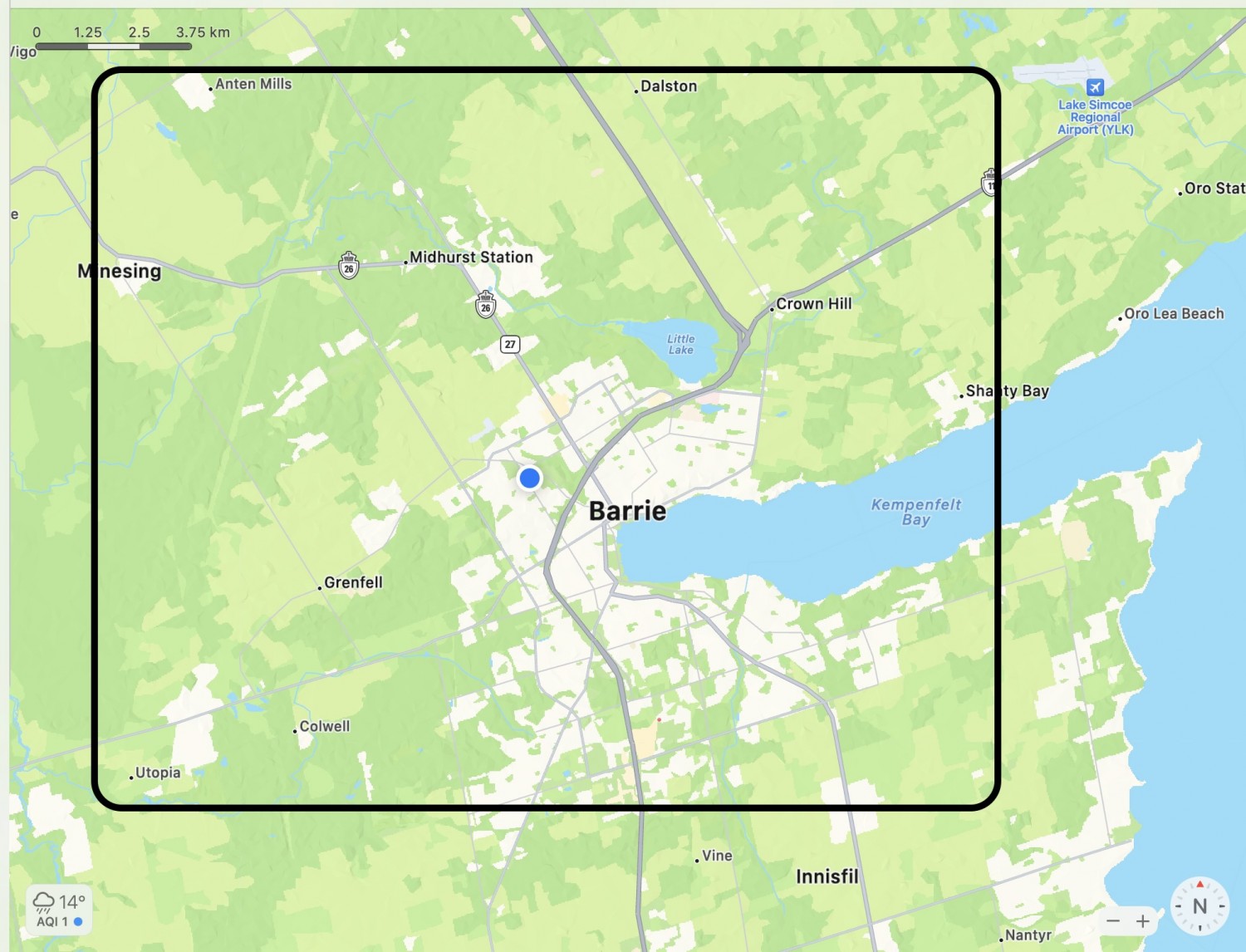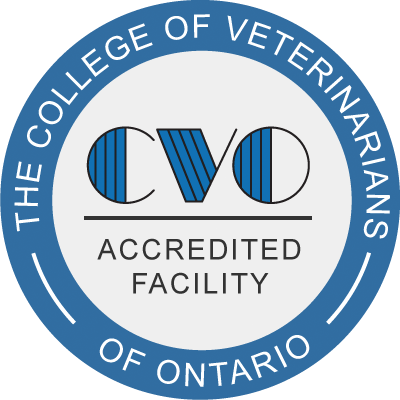COVID-19 Service Updates and Coronavirus FAQ
Due to the nature of our in-home care model we interact directly with a low number of people on a daily basis, so we will continue business as usual, with a few exceptions:
- Dr. Martin and his assistant will be wearing masks, and request you do the same.
- Depending on the procedure, we ask that as few family members as possible participate in the examination of your pet, for everyone’s safety.
- We will do our best to physically distance and would appreciate seeing your pet in the yard, or if weather conditions prohibit, in the largest open space in your house.
- We always practise good hand hygiene to prevent the spread of any illness between our patients, but we’ll be doubling down on this, as well as the frequency with which we disinfect our equipment.
- No offence, but we’ll be passing on handshaking for a while. Please accept an elbow bump as our alternative.
- Dr. Martin and his assistant know the symptoms of COVID-19 infection and may have to reschedule your appointment to stay home and follow the recommendations of The Simcoe Muskoka District Health Unit if they become ill. As our valued clients, we know you will understand and appreciate this.
Where Can I Find Out More About COVID-19?
Things are changing pretty quickly, and there can be a lot of misinformation and unnecessary fear online. Please make sure you’re getting your information from credible sources like the following:
If you have any questions or concerns, wash your hands, then call (705-999-9469) or email us. Then wash your hands again just to be safe.
There is a lot of uncertainty surrounding what is to come, so we wanted to take this opportunity to answer a few questions you might have about how this could affect the health of your pets, and how that relates to your health and that of your family and friends.
Can Pets Get Infected by the SARS-CoV-2 (COVID-19) Virus?
Both dogs and cats have their own respective coronaviruses that can affect them, but these are not transmissible to humans, and they are not the current COVID-19 virus causing widespread disruption in our society.
The WHO also advises that there is currently no evidence that COVID-19 can infect cats.
- There are now 2 dogs in Hong Kong who have tested positive for COVID-19 viral material, and both of them are thought to have acquired the virus from their owners who tested positive themselves.
- There is still no evidence that either of these pets became sick due to having the virus, or that they are able to spread it to humans. Please see these statements from the Canadian Food Inspection Agency (CFIA) and the World Organisation for Animal Health (OIE) for more details.
- That being said, the absence of evidence isn't the same as evidence of absence. There is still a lot we don't know about the role pets (and livestock) may or may not play in the transmission of COVID-19, either through getting infected themselves or through acting as fomites. At current, it seems the risk of pets transmitting the COVID-19 virus is very, very low, but please check out this post from Dr. Scott Weese at the Ontario Veterinary College for a more nuanced overview.
- It's also worth mentioning here that the first dog who tested positive for the COVID-19 has died, although its death is thought to be unrelated to the virus. The dog was a 17-year-old pomeranian with multiple pre-existing health concerns, and successfully cleared a 14-day quarantine prior to passing away 2 days later. As part of clearing quarantine the dog tested negative for the virus prior to its death, but the owner declined to conduct an autopsy so there was no precise determination on cause of death.
- Out of an abundance of caution, the Centers for Disease Control (CDC) and other animal health authorities are recommending you should restrict contact with your pets, as you would with any family member, only if you are confirmed to have COVID-19, and especially during the time you have active symptoms.
If I Am Diagnosed with COVID-19 How Do I Protect My Pets?
While there is no evidence that you could transmit COVID-19 to your cat, and transmission to your dog is highly unlikely, the Centers for Disease Control (CDC) is recommending caution. They suggest you should restrict contact with your pets, as you would with any family member, only if you are confirmed to have COVID-19, and especially during the time you have active symptoms.
If you must care for your pets while you are sick, they recommend washing your hands before and after contact with them and wearing a face mask.
| 








